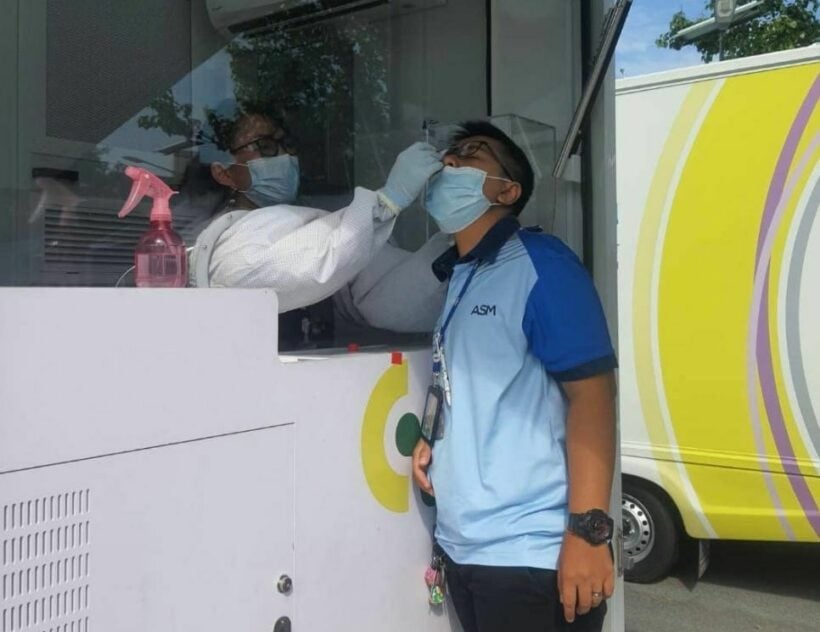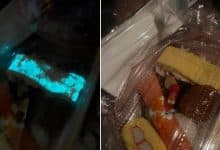Health Ministry says don’t panic, no cases of Mu variant found in Thailand

Thailand’s Health Ministry says there have been no cases of the Mu variant of Covid-19 reported in the country to date. The World Health Organisation has named Mu – or B.1.621 – as a variant of interest, as it could be more resistant to vaccines. However, the Bangkok Post reports that Dr Supakit Sirilak from the Department of Medical Sciences says there are no cases of Mu in Thailand and has urged the public not to panic.
Currently, the Mu variant is thought to account for fewer than 0.1% of global infections, but it has been found in the US, the UK, and Japan, as well as another 36 countries. In Thailand, the highly-contagious Delta variant is still the dominant strain. The Delta, Gamma, Beta, and Alpha strains are all listed as variants of concern as a result of their highly contagious properties.
According to the Bangkok Post report, Supakit says Thailand also remains free of a second variant, C.1.2. That variant is not currently listed as a variant of interest or concern, given that it only accounts for 3% of infections in South Africa.
“The 2 variants have no confirmed evidence for their ability for faster transmission or to reduce the vaccines’ efficiency. So, please do not panic and we will closely monitor the situation.”
Meanwhile, the Department of Medical Sciences says Delta makes up 97.6% of infections in Bangkok, while the remainder are cases of the Alpha variant. Beyond Bangkok, Delta accounts for 84.8% of infections, with 9.5% being Alpha, and 5.7% Beta. The Beta strain, formerly known as the South African variant, has currently only been reported in the south of the country.
In related news, Supakit says his department plans to collect at least 10,000 virus samples from a variety of groups by the end of this year in order to carry out whole genome sequencing. It’s thought most of the samples will come from Phuket, due to the high number of residents vaccinated on the island. Whole genome sequencing will give a better understanding of how vaccines are performing against the virus.
“We are working in close cooperation with our partners from Prince of Songkla University in conducting whole genome sequencing in the South. We have planned to get more samples from Phuket where there is a high rate of vaccination. At least 10,000 samples will be decoded by the end of this year.”
SOURCE: Bangkok Post
Latest Thailand News
Follow The Thaiger on Google News:


























